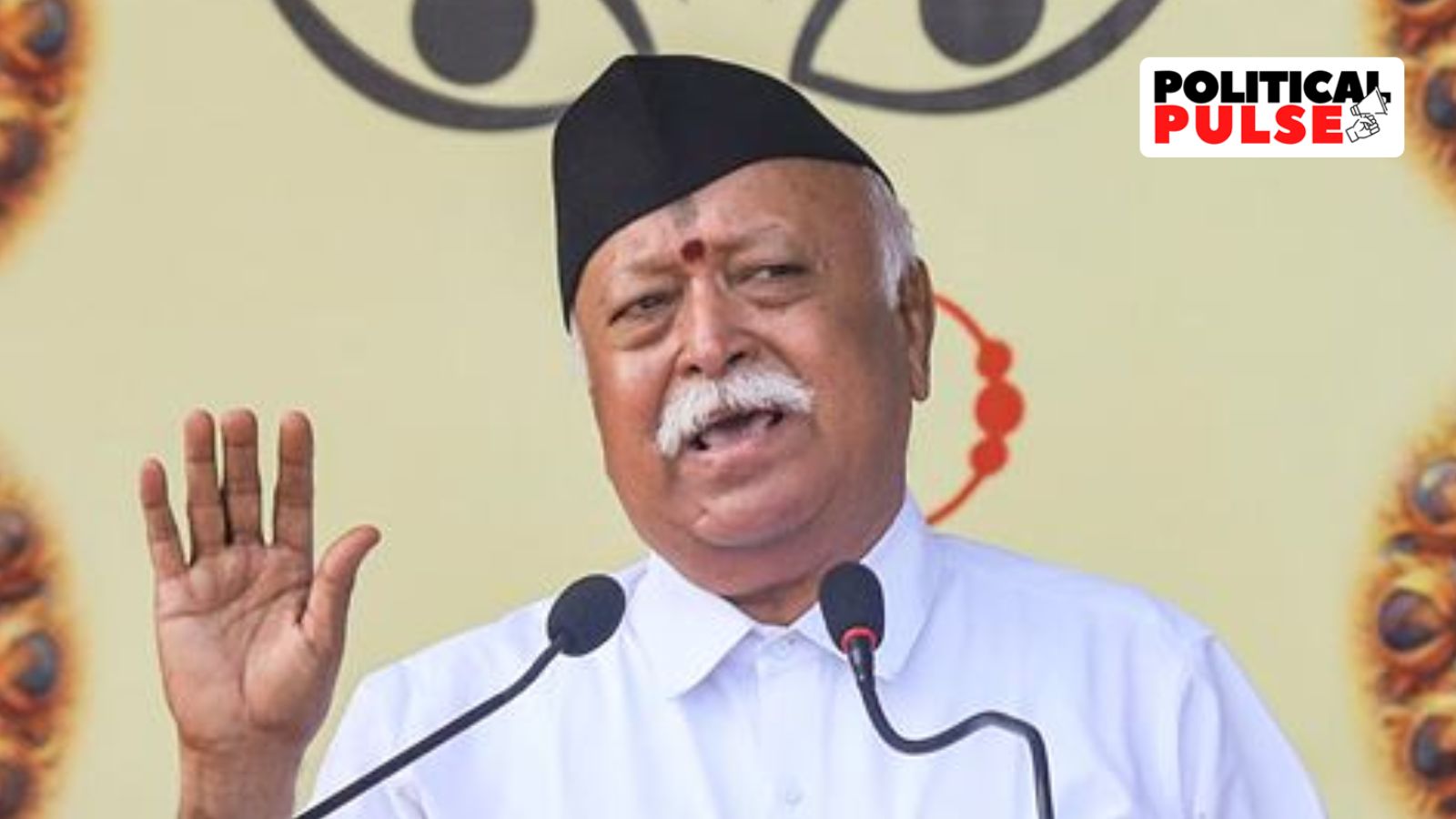 |
|
In a significant address delivered during the Vijayadashami festival, RSS chief Mohan Bhagwat outlined a stark warning about the perils of a 'Deep State' and the dangers posed by 'Wokeism' and 'Cultural Marxism'. He emphasized the importance of achieving Hindu unity, arguing that such unity is crucial for the well-being of the nation. His speech comes at a time when the RSS, the ideological parent of the ruling Bharatiya Janata Party (BJP), is seeking to solidify its position ahead of the next general elections.
Bhagwat's call for Hindu unity is rooted in his belief that internal divisions within the Hindu community are being exploited by external forces to weaken the nation. He attributed these divisive forces to a 'Deep State' operating behind the scenes, manipulating caste and communal tensions for political gain. Furthermore, he accused certain political parties of playing into this 'Deep State' narrative for their own 'selfish interests'.
In his speech, Bhagwat highlighted the need for social harmony and mutual goodwill among different sections of Hindu society. He urged Hindus to bridge the chasm between different castes, particularly reaching out to Dalits and other marginalized communities. He stressed the importance of celebrating festivals together, emphasizing that events like Valmiki Jayanti and Ravidas Jayanti should not be confined to specific communities but embraced by the entire Hindu society.
Bhagwat's address goes beyond simply urging for social harmony. He called for a change in the social fabric, suggesting that all sections of society should have equal access to places of public use and worship. He emphasized the need for individuals to understand the needs of marginalized communities and extend a helping hand, using the analogy of a family where stronger members support weaker members.
Beyond the call for social unity, Bhagwat expressed serious concerns about the 'Deep State' and the ideology he termed 'Wokeism' and 'Cultural Marxism'. He characterized these forces as being hostile to traditional values, traditions, and virtuous practices, seeking to dismantle and replace them with a system based on identity politics and the creation of a 'victimhood narrative'.
Bhagwat argued that this 'Deep State' and 'Wokeism' deliberately create divisions and conflicts in society, leading to a sense of distrust and animosity towards institutions and authority. He believes that this strategy ultimately aims to destabilize the nation and create an environment where a particular group can gain dominance. He implicitly accused certain political parties of using this 'Deep State' agenda for their own political advantage.
Bhagwat's speech carries significant political implications. It comes at a time when the BJP has faced criticism for its handling of communal tensions and its perceived lack of engagement with marginalized communities. His call for Hindu unity and his warning against divisive forces could be interpreted as an attempt to consolidate support for the BJP ahead of the next election.
Bhagwat's address has sparked debate and discussion. Some have praised his call for social harmony and his critique of divisive forces. Others have criticized his use of terms like 'Deep State' and 'Wokeism', arguing that these are politically loaded terms that lack concrete evidence. Regardless of one's perspective, Bhagwat's speech has once again highlighted the complex and evolving nature of Indian politics.
